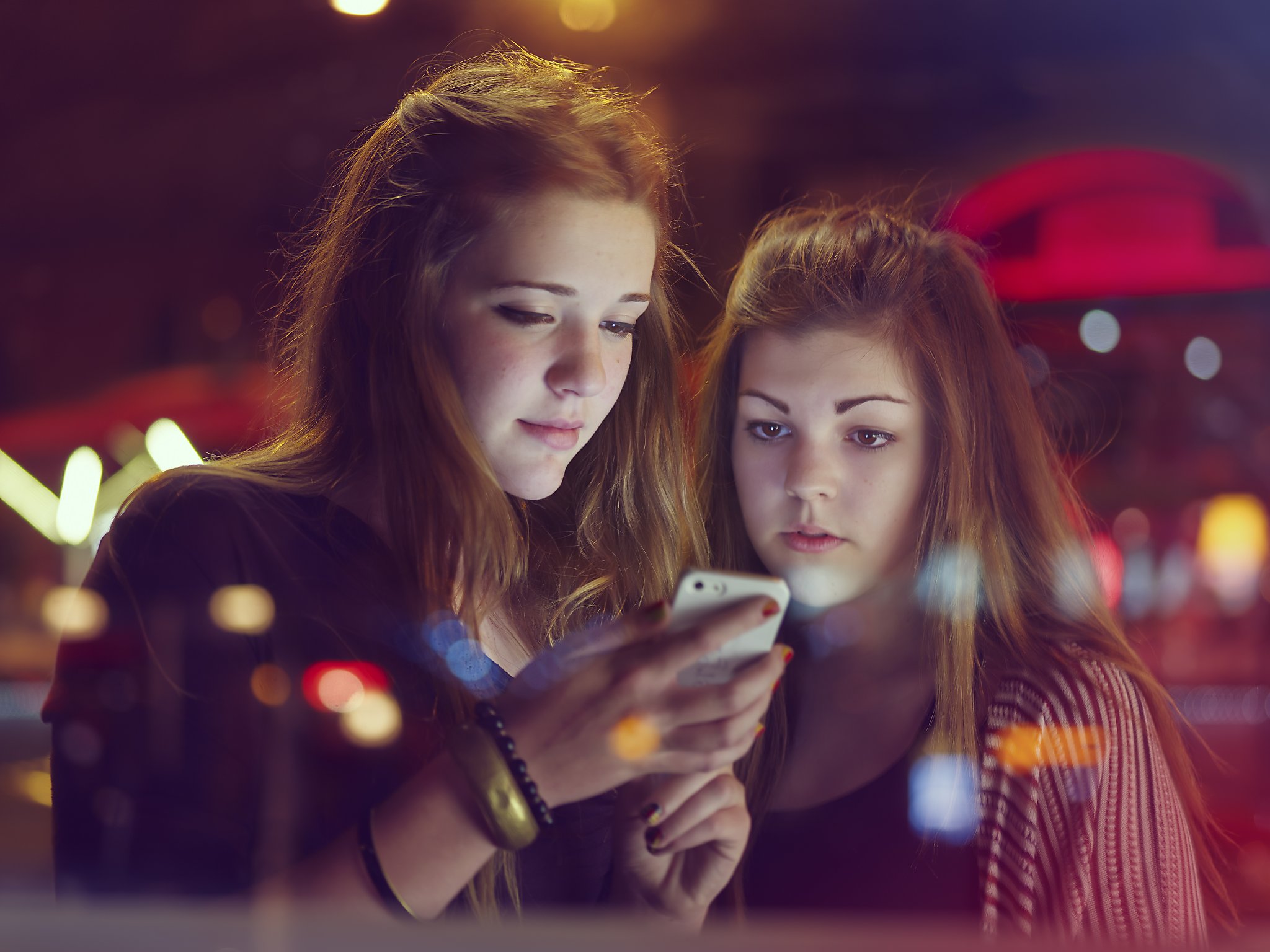OK, for real though. Get outside. Get outside and go interact with one another. In the woods. By the ocean. In a pool, a feral garden, a misty mountaintop overlooking a shimmering lake abutting a flower-laden field dusted with clouds as fine as god’s own coffee breath.
Try it naked. Try it naked with your teen friends and some really cheap beer and if you can’t get to the woods, then by all means learn to drive and go slouch around in scruffy city doorways, hang out in parking lots, smoke behind the dumpster at the Chik-Fil-A, hide from the cops and discover your personality and the mysteries of your body and of this brutal/glorious world, and then laugh like your life depended on it – because, apparently, it totally does.
Of course I exaggerate. No underage teen should try anything so flagrantly illegal. But they most definitely should, in all ways possible, put down the phone and go experience the world as richly and deeply as possible, as generations of flagrantly adult-defying youth have done before them.
You see, post-Millennials, there is real danger afoot, if you don’t get out and taste the world, each other, yourself, in a real and tangible, dirt-under-your-toenails way. There is depression, isolation and misery and the cause, apparently, is right there in your hand.
It’s all about your smart phone – or rather, the social media apps for which smart phones, for teens anyway, function more like a syringe. Steve Jobs’ genius device is apparently inducing psycho-emotional distress among young teens at rates never before recorded in modern history; this new, iPhone-drunk generation is more depressed, lonely, socially inept, lost like a rowboat emoji in a sea of pitiless pixels than any group previous. And it’s getting worse.
The numbers bear it out. According to psychologist Jean Twenge’s latest (instantly viral) long-read from the Atlantic, the iGen, as she deems them, while physically safer and, you know, less pregnant than previous generations (because they don’t go out much), are also on the verge of major mental breakdown; millions of teens isolated behind millions of tiny screens, trapped in invisible cages called SnapChat and Instagram and Facebook.
(Note: Twenge, back in 2012, also popularized the idea that Millennials might be one of the most narcissistic generations, ever. She wrote a book on it. And on iGen, too. Girl knows a good viral meme topic when she sees one).
Nevertheless, her stats are alarming indeed. P2P social interaction among teens has plummeted. Far fewer teens go out on actual dates. Far fewer care about learning to drive (i.e.; long for escape and adventure), preferring to stay in their rooms, ignore their families and SnapChat with friends until their eyeballs bleed.
They’re taking longer and longer to “grow up” and take personal responsibility for, well, anything at all. They don’t really know how to listen to one another, engage, make eye contact, pay attention without endless iPhone distraction.
Across a range of behaviors—drinking, dating, spending time unsupervised— 18-year-olds now act more like 15-year-olds used to, and 15-year-olds more like 13-year-olds. Childhood now stretches well into high school.
Sexual activity (and teen pregnancy) have, of course, plummeted, because they don’t go out and don’t know how to socialize. (Is that a good thing? Not if you value healthy adult relationships, physical pleasure and positive body awareness. Few things more toxic to social/marital health than sexual illiteracy and ignorance of true intimacy).
They don’t care to drive, they suffer more sleep deprivation, they don’t care (or need) to get summer jobs or learn the value of money, as more Boomer parents just let them live at home, for free, until they maybe, finally, slouch off to college. Huge portions of their personal time is spent alone, behind a very small screen, typing frantically, desperate for a “like” or a validation.
Meanwhile, rates of teen depression have skyrocketed. Ditto the suicide rate, which has increased particularly quickly among girls, who are more susceptible to the specific, nasty kind of emotional berating, social FOMO and image shaming social media seems to specialize in (though the rate for boys overall is still higher).
On it goes, stat after finding after revelation; the psycho-emotional damage currently suffered by the smartphone generation quickly becomes undeniable, and rather terrifying, and much of the damage carries over into adulthood.
Now, maybe you’re tempted, as I’ve often argued in the past, to suggest it’s all just another case of nervous generational paranoia; that is, every generation sees those coming up behind it as under mysterious, terrible duress, largely because adults don’t understand the technologies and the lingo of, you know, “kids these days.” Radio, TV, email, the Internet – each had its panicked fear-mongers, those older types who believed the next generation would never make it to 30. Just ask your grandparents.
But this, as they say, is different. The stats are more alarming and far more dire – and, more significantly, they coincide pretty much exactly with the invention of the iPhone – or, more specifically, the social media apps that iPhones deliver to teens like a virus.
What can be done? Twenge doesn’t offer may suggestions beyond the obvious: moderation. Vigilance. Better parenting. Less habitually tossing your screaming kid an iPhone or iPad to quiet them down, more throwing them out into the woods and let them run around naked and drunk on sunshine and screaming at birds (exaggeration, again, mine). After all:
All screen activities are linked to less happiness, and all nonscreen activities are linked to more happiness.
Hey, it worked for the last 10,000 years. And it sure beats SnapChatting your way to oblivion.



